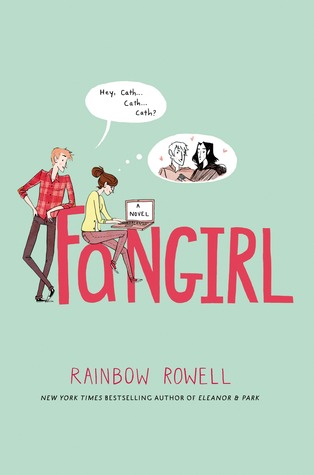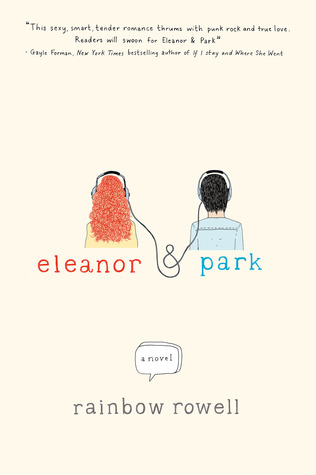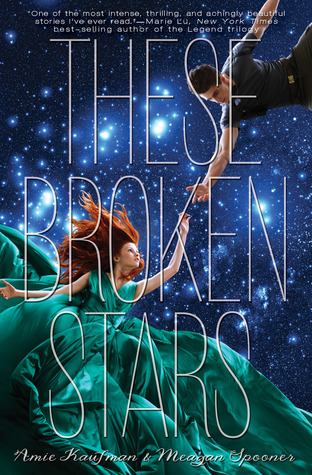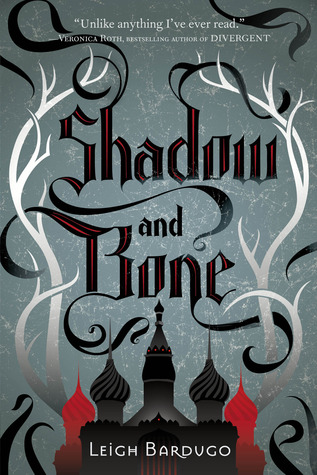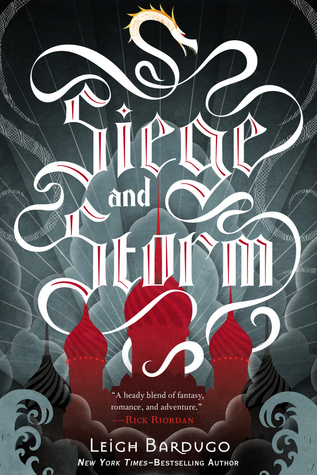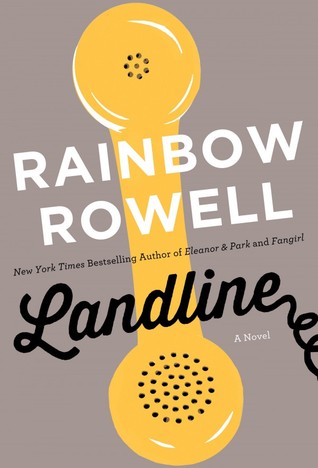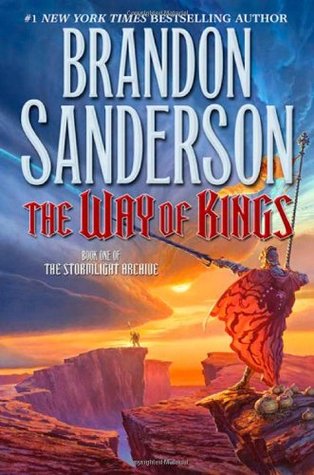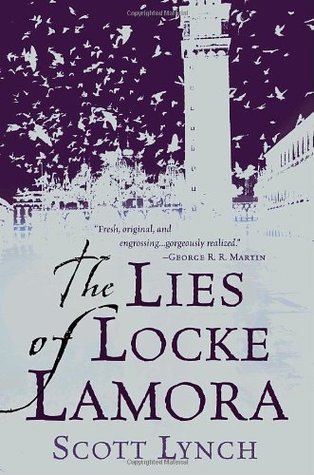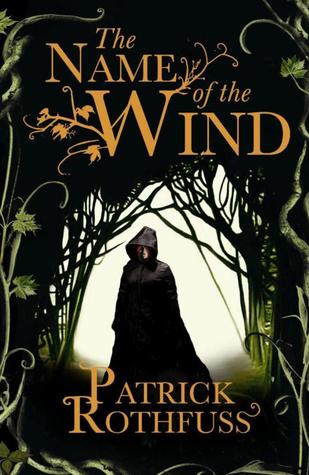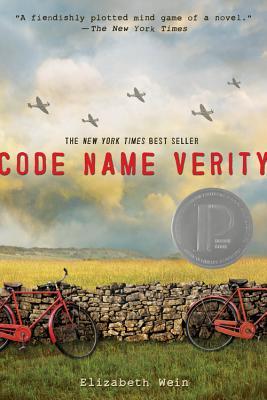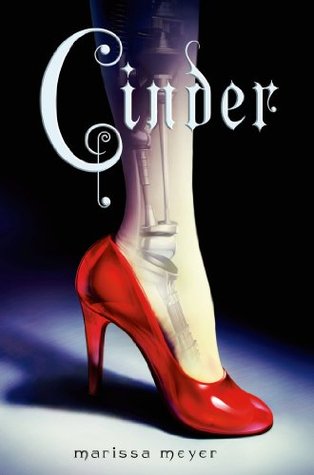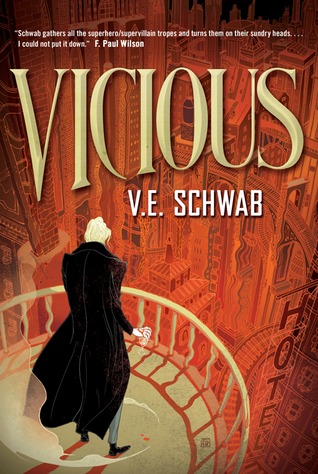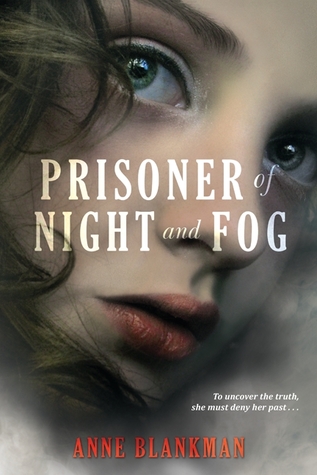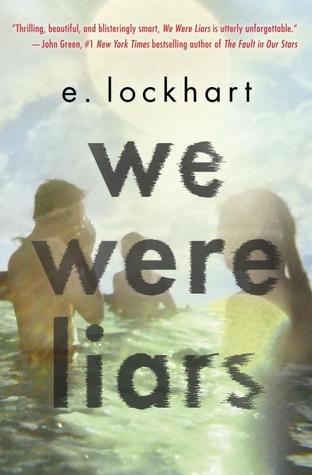The Age of Miracles
By: Karen Thompson Walker

I heard a lot of mixed reviews about this book, despite that it won some pretty prestigious awards. It was pitched as a sort of literary fiction combined with science fiction, which got me very intrigued. It took me a couple years to finally pick it up, but I'm so glad I did. This book took me completely by surprise in the best way.
The defining trait of this book for me was the writing. It's so ethereal at some times and so clinical at others, but it works. I don't often say this, but the exposition chapters in this book, the chapters that were literally only giving you information about the world straight from the narrator, were some of my favorites.
This book also succeeded in capturing the essence of a collapsing world, even if it wasn't scientifically feasible. The human reactions felt so genuine in everyone from the middle-school kids to Julia's grandfather.
I can't say that I connected with any of the characters, at least, not on a really deep level, but while that usually bothers me, I was still so entranced by the story. It didn't matter that I personally didn't feel like these characters, I knew how these characters felt, and that was enough to keep me invested. That's not to say I didn't feel for them, it just means that I felt for humanity in a broader sense. The world was falling apart, and it made you feel that impending doom deeper than a connection. (I don't even know if I articulated this correctly or if it makes any sense, but I did my best.)
Reading this book is a kind of surreal experience. Dreamlike and eerie, but also raw. So atmospheric and destructive, but not only destructive. Things are built through all the destruction, relationships and new bonds.
And don't even get me started on the writing. Seriously, it is so beautiful and poetic. It uses the science of the book to make statements about human nature and the workings of society in wonderful and thought-provoking ways, while maintaining the sheer gorgeousness of its prose. Just read some of the quotes I've included below and you'll see what I mean. Karen Thompson Walker has a firm hand on language and how to use it to the story's best advantage.
I really, really enjoyed this book. It's hard to describe in any certain terms without you actually reading it. But, trust me, this book is phenomenal. I highly recommend it, it will surely by like nothing you've ever read.
Quotes:
“How much sweeter life would be if it all happened in reverse, if, after decades of disappointments, you finally arrived at an age when you had conceded nothing, when everything was possible.”
"But I guess it never is what you worry over that comes to pass in the end. The real catastrophes are always different - unimagined, unprepared for, unknown."
"It was that time of life: Talents were rising to the surface, weaknesses were beginning to show through, we were finding out what kind of people we would be. Some would turn out beautiful, some funny, some shy. Some would be smart, others smarter. The chubby ones would likely always be chubby. The beloved, I sensed, would be beloved for life. And I worried that loneliness might work that way, too. Maybe loneliness was imprinted in my genes, lying dormant for years but now coming into full bloom."
“Who knows how fast a second-guess can travel? Who has ever measured the exact speed of regret?...No law of physics can account for desire.”
"We were too young to be scared, too immersed in our own small worlds, too convinced of our own permanence."
"It takes a certain kind of bravery, I suppose, to choose the status quo. There's a certain boldness to inaction."
“Doesn't every previous era feel like fiction once it's gone? After a while, certain vestigial sayings are all that remain. Decades after the invention of the automobile, for instance, we continue to warn each other not to put the cart before the horse. So, too, we do still have daydreams and nightmares, and the early morning clock hours are still known colloquially (if increasingly mysteriously) as the crack of dawn.”
"I liked the idea, how the past could be preserved, fossilized in the stars."
“We were, on that day, no different from the ancients, terrified of our own big sky.”
"Sometimes death is proof of life. Sometimes decay points out a certain verve. We were young and we were hungry. We were strong and growing stronger, so healthy we were bursting."
"And this one fact seemed to point to other facts and others still: Love frays and humans fail, time passes, eras end."

